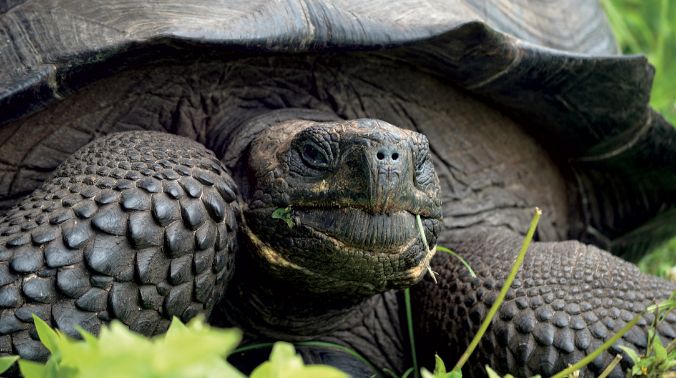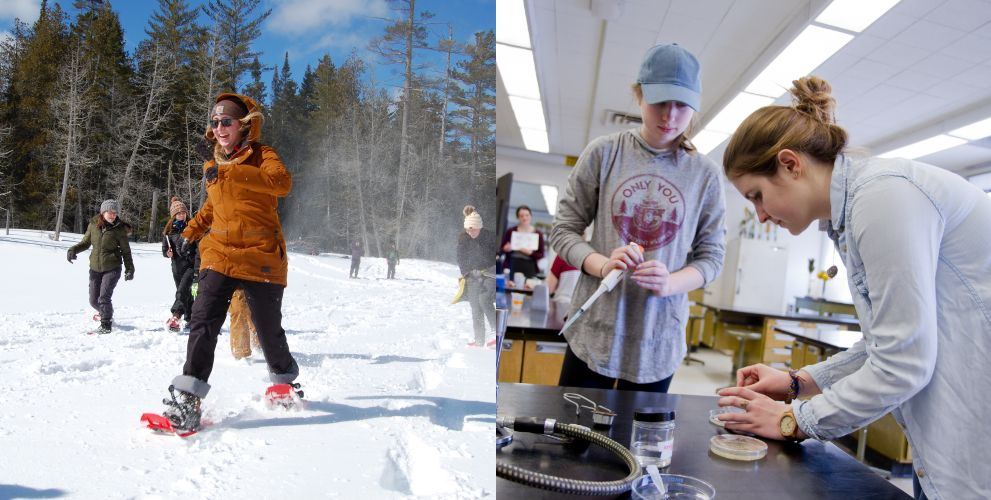DEPARTMENT OF Environmental Biology
Conservation Biology
Seeking ways to integrate biological perspectives with social, economic, legislative and political ones to achieve conservation goals.
Conservation biology is growing rapidly and ever increasing in importance in response to the biodiversity crisis — perhaps the most critical environmental issue of our time. Conservation biologists view all of nature’s diversity as important and having inherent value. This diversity spans the biological hierarchy and includes variation at the level of genes, populations, communities, ecosystems, and biomes.
Science foundation enhanced with field research opportunities.
The courses associated with this major reflect the interdisciplinary and holistic nature of conservation biology. After obtaining a foundation in basic sciences communication, and general education subjects, students learn the evolutionary and ecological forces that have generated the patterns of biodiversity around us.
A focus not only on biological diversity but also on the intrinsic valuation of nature is what distinguishes conservation biology.

Conservation Biology Degree Outcomes
Placement rates are high in the areas of consulting, wetland science, conservation planning, environmental outreach and education, and field research. Jobs are available with federal and state agencies, research institutions, private consulting firms and nongovernmental organizations, both locally and internationally.

